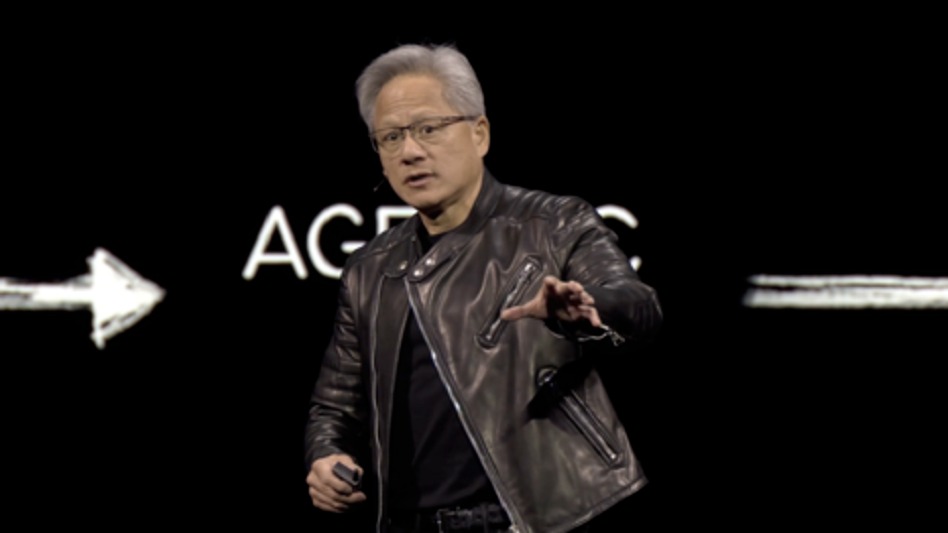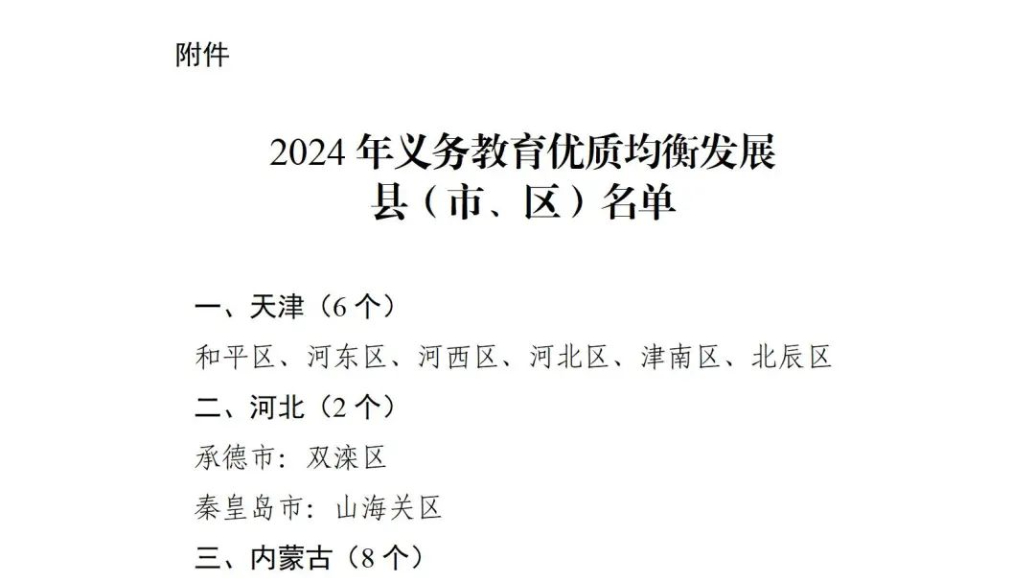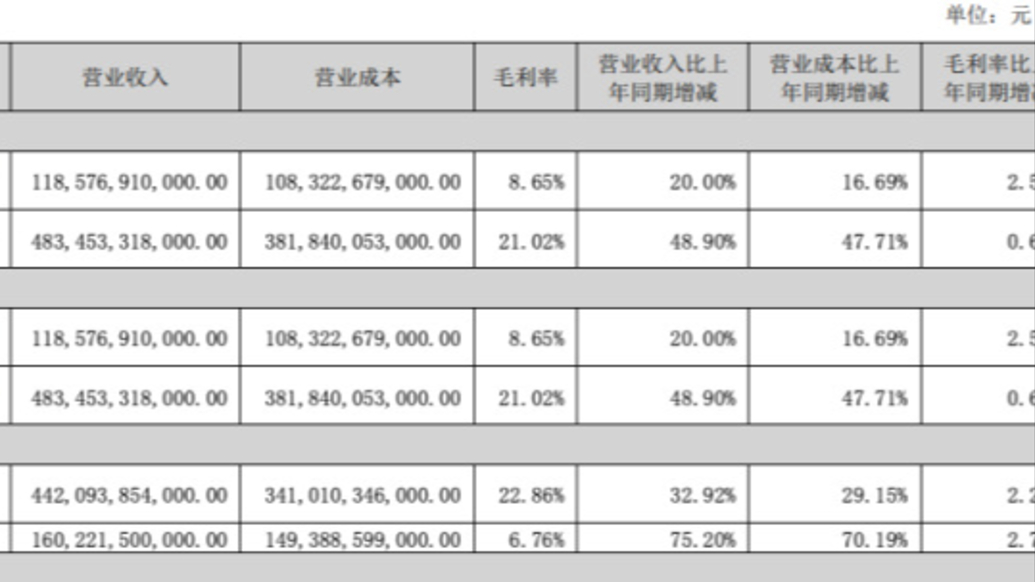- +1
CCS Chemistry 2024年第6期上线
CCS Chemistry 2024年第6期上线!本期包括3篇Mini-Review,4篇Communication和13篇Research Article。
Mini-Review分别来自:1)王思泓等关于可拉伸电子器件的综述文章;2)马胜前等关于仿生催化剂的综述文章;3)林歆怡等关于表面增强拉曼光谱相关应用的综述文章。
Communication和Research Article涵盖了烷烃的C–H活化、肽修饰、二氧化碳还原、聚烯烃的催化升级、超分子聚合物、可降解聚乙烯、可降解农药、上转换发光、锰催化以及双原子金属催化剂等方面的进展等方面的最新研究进展。
本期封面文章来自荷兰埃因霍芬理工大学Bert Meijer, Ghislaine Vantomme关于超分子聚合物的研究论文。
了解更多信息,欢迎访问:https://www.chinesechemsoc.org/toc/ccschem/6/6。免费阅读下载整期文章。
2024年第6期

Editorial
本期寄语,主编为大家分享了关于论文评审的一些思考和想法,强调了其在科学发展中的重要作用,并结合两个优秀的审稿意见范例,介绍了CCS Chemistry 审稿的要求。敬请关注!
Link:https://doi.org/10.31635/ccschem.024.202400522ed1。
扫码在线阅读
扫描或长按左侧二维码,
在线阅读全文
Author Spotlight
本期Author Spotlight邀请了清华大学王泉明、上海交通大学周永丰、上海科技大学郑宜君、荷兰埃因霍芬理工大学Ghislaine Vantomme四位老师分享科研经历中独特的心得和感悟。Link:https://doi.org/10.31635/ccschem.024.202400510ed2

扫码在线阅读
扫描或长按左侧二维码,
在线阅读全文
以下是本期每篇文章的导读和阅读链接:
-Stretchable Electroluminescent Materials. Intrinsically stretchable electroluminescent (EL) devices have emerged as pivotal components with transformative potential in many domains, including wearable technology, medical devices, human–machine interfaces, and communications. In this Mini-Review, Sihong Wang (王思泓) and coworkers summarize recent progress in the development of intrinsically stretchable EL materials and devices. Current challenges and future trends are also discussed.
Cite this: CCS Chem. 2024, 6, 1360-1379
Link: https://doi.org/10.31635/ccschem.024.202403837

扫码在线阅读
扫描或长按左侧二维码,
在线阅读全文
-Bioinspired Catalysts. Molecular catalysts with bioinspired active sites are continually being pursued, though the selectivity and reusability of the catalysts remain a significant challenge. The introduction of active molecular species into metal–organic frameworks (MOFs) has been shown to facilitate cooperative enhancement in catalysis. In this Mini-Review, Shengqian Ma (马胜前) and coworkers summarize the last five years of progress in the design and preparation of MOFs with active molecular species for catalysis, including asymmetric reactions, CO2 conversion, and biocatalytic H2O2/dye degradation. They authors discuss challenges and opportunities in the prospective exploration of these systems.
Cite this: CCS Chem. 2024, 6, 1380-1402
Link: https://doi.org/10.31635/ccschem.024.202403909

扫码在线阅读
扫描或长按左侧二维码,
在线阅读全文
-SERS for Investigation on Energy Systems. Surface-enhanced Raman scattering spectroscopy (SERS) has emerged as a powerful analytical technique to enable nanoscale investigations of energy systems. In this Mini-Review, Yan Lv, Xing Yi Ling (林歆怡), and coworkers summarize the applications of in-situ and operando SERS in energy-related research, including fundamental principles and techniques, as well as applications across various energy systems. Current challenges and prospects are also discussed.
Cite this: CCS Chem. 2024, 6, 1403-1421
Link: https://doi.org/10.31635/ccschem.024.202303819

扫码在线阅读
扫描或长按左侧二维码,
在线阅读全文
-Catalytic Upgrading of Polyolefin. Fan Zhang (张帆), Ding Ma (马丁), and coworkers develop a tandem catalysis system that can convert polyethylene into aromatic compounds. Their method achieves a higher yield of aromatics (64%) than previously thought possible by utilizing CO2 to consume excess hydrogen and suppress the formation of light alkanes. Their work offers a promising approach for recycling plastic waste and CO2 into useful products.
Cite this: CCS Chem. 2024, 6, 1422-1429
Link: https://doi.org/10.31635/ccschem.023.202303518

扫码在线阅读
扫描或长按左侧二维码,
在线阅读全文
-C–H Activation of Alkanes. Catalytic C–H borylation is an important route for converting readily available chemicals into synthetically useful compounds bearing transient functional groups. Lutz Ackermann and coworkers report a new iron-catalyzed photoelectrochemical method for borylation of unactivated C(sp3)–H bonds in alkanes and silanes without requiring directing groups. The approach uses an inexpensive, non-toxic iron catalyst and environmentally-friendly electricity as the oxidant and offers a single-step synthesis of value-added products under mild conditions with remarkable selectivity for primary C(sp3)–H bonds.
Cite this: CCS Chem. 2024, 6, 1430-1438
Link: https://doi.org/10.31635/ccschem.024.202403894

扫码在线阅读
扫描或长按左侧二维码,
在线阅读全文
-Flexible Organic Crystals. The integration of plasticity and elasticity in organic crystals can generate rich and complex deformations that are useful for a variety of applications. Songgu Wu (吴送姑), Junbo Gong (龚俊波), and coworkers present flexible organic crystals exhibiting circularly polarized luminescence based on a newly designed, nonplanar chiral Schiff-base compound and its enantiomer. The crystals display two-dimensional elastic bending and recoverable plastic twisting at both room and liquid nitrogen temperatures.
Cite this: CCS Chem. 2024, 6, 1439-1447
Link: https://doi.org/10.31635/ccschem.024.202303561

扫码在线阅读
扫描或长按左侧二维码,
在线阅读全文
-Synthetic Immunotherapeutics. The emergence of microbial drug resistance, coupled with the paucity of new antibiotics, poses an impending threat to public health. Yinyue Deng (邓音乐), Xue-Wei Liu (刘学伟), and coworkers successfully construct antibody-recruiting peptidoglycan analogs with excellent safety profiles and high efficiencies across different conditions. Their approach of using peptidoglycan analog agents for recruiting endogenous antibodies to combat pathogenic bacteria is expected to enable the future development of broad-spectrum immunotherapeutics.
Cite this: CCS Chem. 2024, 6, 1448-1457
Link: https://doi.org/10.31635/ccschem.023.202303522

扫码在线阅读
扫描或长按左侧二维码,
在线阅读全文
-Supramolecular Polymers. Synthetic molecules that form functional noncovalent assemblies in water have received much attention for their potential applications as biomaterials. Bert Meijer, Ghislaine Vantomme, and coworkers synthesize a water-compatible phthalhydrazide derivative that can self-assemble into hydrogen-bonded trimeric discs. This disc-shaped assembly further progresses into the formation of supramolecular fibers in water via a cooperative mechanism. The resulting fibers are stable in pure water and show resilience towards temperature changes, making the compound promising in the modification, optimization, and enrichment of aqueous supramolecular systems.
Cite this: CCS Chem. 2024, 6, 1468-1465
Link: https://doi.org/10.31635/ccschem.024.202403933

扫码在线阅读
扫描或长按左侧二维码,
在线阅读全文
-Organic Transistor Nociceptor. Yunlong Guo (郭云龙) and coworkers propose an electric-induced cycloelimination strategy to realize an organic transistor nociceptor that can simulate synaptic and structural plasticity. The organic transistor nociceptors can mimic human nociceptor for threshold, relaxation, sensitization, and maladaptation behaviors. This approach can provide insights to address catastrophic forgetting in the lifelong learning of intelligent neuromorphic devices.
Cite this: CCS Chem. 2024, 6, 1466-1476
Link: https://doi.org/10.31635/ccschem.023.202303120

扫码在线阅读
扫描或长按左侧二维码,
在线阅读全文
-Reduction of CO2. The development of efficient catalysts for CO2 electroreduction by using earth-abundant metals is highly desirable. Xinyi Tan, Yousung Jung, Zhenyu Sun (孙振宇), and coworkers report the use of two-dimensional MgO with oxygen vacancies as an efficient electrocatalyst for the electrochemical reduction of CO2 to CO. In an ionic liquid solution, this MgO catalyst achieves a remarkably high faradaic efficiency of 99.6% for CO production, showing new possibilities for using group II metals for efficient CO2 conversion.
Cite this: CCS Chem. 2024, 6, 1477-1486
Link: https://doi.org/10.31635/ccschem.023.202303128

扫码在线阅读
扫描或长按左侧二维码,
在线阅读全文
-Supramolecular Regulation of Vesicles. Jiahong Lu (路嘉宏), Ruibing Wang (王瑞兵), and coworkers report a very interesting supramolecular method to efficiently tether and fuse intracellular acidic vesicles via strong host–guest interactions. This promising new tool can tune up the lysosomal function for cellular repairs and defense. In addition, it provides important new insights into disease prevention and treatment by artificial regulation of the dynamics of intracellular acidic vesicles.
Cite this: CCS Chem. 2024, 6, 1487-1498
Link: https://doi.org/10.31635/ccschem.023.202303156

扫码在线阅读
扫描或长按左侧二维码,
在线阅读全文
-Degradable Pesticides. Most pesticides are difficult to break down, resulting in their persisting in soil and water for years which can lead to toxic agricultural contamination. Yapei Wang (王亚培) and coworkers report a new class of quaternary ammonium pesticides with an acid-cleavable silaketal linkage that enables controlled hydrolysis over a 10-minute to 3-month timeframe. With degradability, environmental friendliness, and low cost, these pesticides hold promise for environmentally benign solutions and green agriculture development.
Cite this: CCS Chem. 2024, 6, 1499-1511
Link: https://doi.org/10.31635/ccschem.023.202303338

扫码在线阅读
扫描或长按左侧二维码,
在线阅读全文
-Upconversion Luminescence. Upconversion luminescence (UCL) materials have the potential for many applications due to their unique optical properties. Yong Zhang (张勇), Hongjie Zhang (张洪杰), and coworkers report for the first time a minimalist method for large-scale synthesis of Cs2NaErCl6 UCL crystals with almost 100% yield. Their approach provides a new strategy for large-scale synthesis of UCL crystals and demonstrates the recyclability of this material and its related applications.
Cite this: CCS Chem. 2024, 6, 1512-1522
Link: https://doi.org/10.31635/ccschem.023.202303159

扫码在线阅读
扫描或长按左侧二维码,
在线阅读全文
-Dual-Atom Metal Catalysts. Dual-atom catalysts represent an exciting advance in the field of heterogeneous catalysis. They not only retain the beneficial characteristics of single-atom catalysts, but they also harness the synergistic effects that arise from the proximity of neighboring single-metal atoms. Yuefeng Liu (刘岳峰), Ting Zhang (张廷), Riguang Zhang (章日光), Zhongkui Zhao (赵忠奎), and coworkers report the development of atomically dispersed adjacent Pt–Ag dual-atom pairs on carbon nitride (Pt1Ag1-a/CN) via a facile hydrogen-bonding assembly strategy. The Pt1Ag1-a/CN with 0.21% Pt loading shows a high turnover frequency (TOF) of 1115 h−1 with a H2 evolution rate of 12,000 μmol g−1 h−1 for photocatalytic water splitting.
Cite this: CCS Chem. 2024, 6, 1523-1534
Link: https://doi.org/10.31635/ccschem.023.202303154

扫码在线阅读
扫描或长按左侧二维码,
在线阅读全文
-Manganese Catalysis. Selective reduction of readily available N-heteroarenes is important in both organic synthesis and chemical biology. Qiang Liu (刘强) and coworkers describe ligand-controlled regiodivergent hydroboration of quinolones using well-defined amido-manganese catalysts, with an emphasis on the rarely reported 1,4-regioselectivity. A high turnover number of 2500 is achieved in this reaction with good regioselectivity.
Cite this: CCS Chem. 2024, 6, 1535-1546
Link: https://doi.org/10.31635/ccschem.023.202303289

扫码在线阅读
扫描或长按左侧二维码,
在线阅读全文
-Peptide Modification. Late-stage peptide modification based on native residues is a more straightforward and cost-effective approach to diversify peptides over de novo peptide synthesis that can introduce unnatural amino acids. Jingman Ni (倪京满), Rui Wang (王锐), Wangsheng Sun (孙旺盛), and coworkers develop a dimethyl sulfoxide/visible light co-mediated modification of tryptophan residues in peptides via C–S bond formation at the indole C-2 position. The method can be applied to both protected oligopeptides and unmasked bioactive peptides, highlighting its utility for peptide labeling, modification, and conjugation.
Cite this: CCS Chem. 2024, 6, 1547-1556
Link: https://doi.org/10.31635/ccschem.023.202303130

扫码在线阅读
扫描或长按左侧二维码,
在线阅读全文
-DNA Nanotechnology. The assembly of exogenous artificial architectures inside cells can regulate a series of biological events, which heavily relies on the development of spatiotemporally controlled molecular assembly systems. Dayong Yang (仰大勇), Chi Yao (姚池), and coworkers report a designer deoxyribonucleic acid (DNA) nanostructure that enables light-mediated spatiotemporally dynamic assembly in living cells and consequently achieves efficient regulation of cell autophagy.
Cite this: CCS Chem. 2024, 6, 1557-1570
Link: https://doi.org/10.31635/ccschem.023.202303271

扫码在线阅读
扫描或长按左侧二维码,
在线阅读全文
-Chemical Reaction Networks. Yijun Zheng (郑宜君) and coworkers report an artificial system where light signals are used to manipulate reaction pathways in a disulfide-based nonequilibrium complex chemical reaction network (CRN). This work represents a new approach of allowing CRNs to communicate with the environment which can be used in the development of materials with lifelike behaviors.
Cite this: CCS Chem. 2024, 6, 1571-1580
Link: https://doi.org/10.31635/ccschem.023.202303331

扫码在线阅读
扫描或长按左侧二维码,
在线阅读全文
-Copper Cluster for Nanocatalysis. De-en Jiang (江德恩), Quan-Ming Wang (王泉明), and coworkers design and synthesize a pair of atomically-precise copper clusters that are very close in composition, [Cu20H9(Tf-dpf)10]·BF4 and [Cu20H8(Tf-dpf)10]·(BF4)2. Their work demonstrates a clear case of structure and composition sensitivity in nanocatalysis, and that one hydride out of ∼330 atoms in the nanoclusters can make a huge difference in the catalytic activity. These insights will be useful in the design and synthesis of atomically precise nanocatalysts.
Cite this: CCS Chem. 2024, 6, 1581-1590
Link: https://doi.org/10.31635/ccschem.023.202303448

扫码在线阅读
扫描或长按左侧二维码,
在线阅读全文
-Degradable Polyethylene. To attain both good mechanical properties and degradability, it is highly desirable to prepare polyethylenes with low carbonyl content. Shan Tang (唐山), Yongfeng Zhou (周永丰), and coworkers develop an unprecedented tandem photoreduction/copolymerization protocol for the synthesis of polyethylenes with in-chain isolated carbonyls from CO2 and ethylene. The incorporation of isolated carbonyls in polyethylene maintains most properties of high-density polyethylene while rendering it photodegradable.
Cite this: CCS Chem. 2024, 6, 1591-1599
Link: https://doi.org/10.31635/ccschem.023.202303275

扫码在线阅读
扫描或长按左侧二维码,
在线阅读全文
点击下图,查阅文章合辑:
原标题:《CCS Chemistry 2024年第6期上线》
本文为澎湃号作者或机构在澎湃新闻上传并发布,仅代表该作者或机构观点,不代表澎湃新闻的观点或立场,澎湃新闻仅提供信息发布平台。申请澎湃号请用电脑访问http://renzheng.thepaper.cn。





- 报料热线: 021-962866
- 报料邮箱: news@thepaper.cn
互联网新闻信息服务许可证:31120170006
增值电信业务经营许可证:沪B2-2017116
© 2014-2025 上海东方报业有限公司









